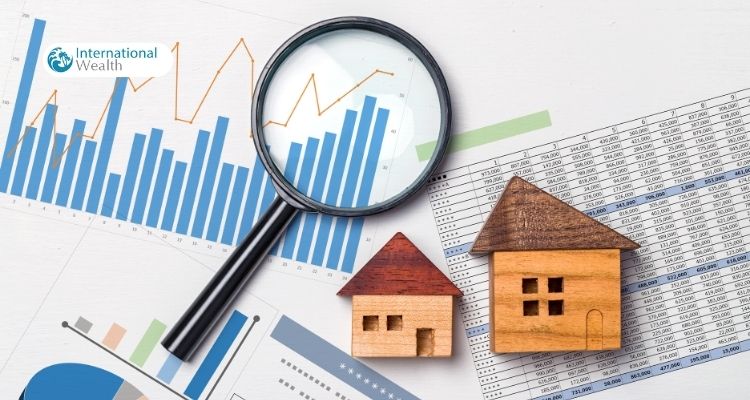
Property investment can be a sound investment – or a big risk, depending on how you go about it.
There are three critical questions that property investors need to answer:
● What makes a good investment?
● What strategy suits you best?
● Where do you look for the best deals?
Although they’re three questions, they’re all interdependent. What makes a good investment depends on the strategy you’re following – and the places you look depend on what kind of investment you are looking for.
If you’re looking for good buy-to-let properties, you would be looking in different places to someone looking for properties to flip or to convert to serviced accommodation.
Most investors start by searching the big property portals, such as RightMove or Zoopla. Investors may nurture relationships with local estate agents or decide to brief a property sourcer, or they may join all the local property networks. All of these will help to find properties, but they can be time-consuming and/or expensive.
Local or national?
Many property investors stick to their own local patch, because they know it well and can easily travel to view properties and manage any work required. However, depending on where you live, you could be missing out on deals in areas where property prices are rising rapidly due to changes in local infrastructure, transport links or large companies relocating to the area.
While it’s important to know what’s going on in the local area – and to carry out due diligence to ensure you’re not about to buy a property nobody wants to live in, there are plenty of opportunities in other parts of the country.
For instance, did you know that (at the time of writing) the fastest growing sales prices were in North Wales and the Scottish borders? If you currently live in the South East, those areas may not have occurred to you as potential investment locations.
Source by strategy
There are several investment strategies followed by experts, Buy-Refurb-Refinance, Rent-to-Rent, auctions, repossessions, cash buyer deals, HMOs – and many more. It depends on your strategy as to where you will find the best deals that fit your strategy.
Most of the big property platforms don’t present properties filtered out and arranged by investor strategies (with the exception of cash buyer only deals). That makes your due diligence harder – you not only need to find potential properties in your chosen area, but you need to assess if they fit your strategy.
Sourcing a property to convert to an HMO in a rural area, miles from anywhere without high-speed rail links – isn’t going to work! However, holiday accommodation may do very well in this area – providing you can find reliable people to service the property, cleaning, tidying and replacing linen between lets.
How does your deal stack up?
When you’ve found a potential deal, the next step is to see if the numbers work – this is the heart of due diligence. It’s where you reduce your risk by ensuring the property you’ve chosen will give you a good return on your investment.
You need to know:
● How the property value compares to other similar properties locally
● If you’re planning to let it, what the rental yield is likely to be – and the potential rental market
● How the value of the property has increased over recent years
● Whether you can uplift the value of the property by doing some refurb
● How much the monthly and annual costs for maintaining the property (and the finance) are
● How long will it take you to get your money out from the deal
● What the local amenities are – transport, shops, school, gym, etc.
How do you get the answers to these questions? You can ask a surveyor (although they won’t be able to answer all these questions). You could get a friend’s opinion or do a guesstimate. None of these constitute sensible or reasonable due diligence.
Automated valuations
Did you know that over 90% of the top lenders use automated valuation tools (AVM) to inform their decision making? If it’s good enough for them, it’s definitely good enough for an investor!
A good automated valuation report will:
• Give you an instant current property valuation
• Check how much other properties are selling for with price/sqm data.
• Compare other sales/rental listings
• Get in depth property insights in one place
• Generate a report that empowers your decision making
This reduces the risk of purchasing an unprofitable property – and also stops you suffering from FOMO!
The science of packaging deals
If you’re a property business, the ability to provide a professional report with full valuation data, ROI and yield matched to the client needs and all the due diligence data the client needs to make a decision will put you head and shoulders above most of your competitors.
This is where the latest PropTech really comes into its own, cutting down labour intensive, time-consuming data gathering from weeks or months to minutes. And the result is more deals closed, faster and with less effort. Every property business needs a stand-out factor – and top class service with great results ticks that box.